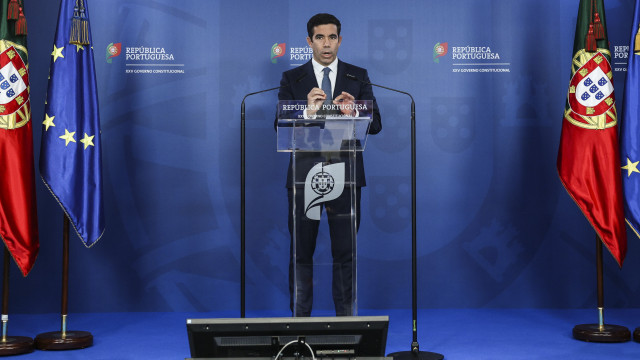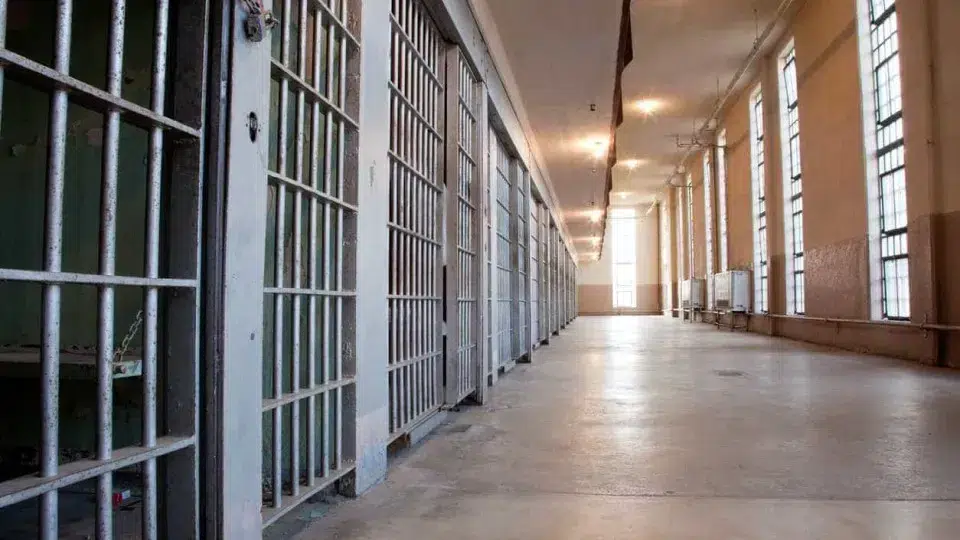The PS deputy Isabel Moreira criticized the proposed changes to the nationality law announced by the Government on Monday, following a Council of Ministers meeting.
“Real country? No. Immigration. Mixing with nationality law, which is a different topic. Creating an ‘urgent’ need for a law change. It is not based on any study,” wrote Isabel Moreira on X (formerly Twitter).
In the same social media post, the socialist compared the Prime Minister, Luís Montenegro, to the President of the United States, Donald Trump, whose administration has been marked by several controversial anti-immigration measures.
Real country? No. Immigration. Mixing with nationality law which is a different topic. Creating an “urgent” need for a law change. It is not based on any study. Trump in
Portugal is called @LMontenegro_PT. The regime shaken. Debates about non-issues. Imposed agenda.— Isabel Moreira (@IsabelLMMoreira) June 23, 2025
“Trump in Portugal is called Luís Montenegro. The regime shaken. Debates about non-issues. Imposed agenda,” concluded the PS deputy.
The Government met on Monday for a Council of Ministers meeting to approve changes to the nationality law, announcing plans to introduce several amendments, including the potential for judges to impose the loss of nationality as an additional penalty for naturalized citizens of less than ten years who commit certain “serious crimes” punishable by more than five years’ imprisonment.
This was one of four major changes to the nationality law announced by the Minister of the Presidency, António Leitão Amaro, at the press conference following the Council of Ministers meeting.

The minister Leitão Amaro announced a draft law for the creation of a foreign and border unit within the Public Security Police. The goal is for the country to once again have a “border police.” Details of the briefing after the Council of Ministers have been released.
However, the minister emphasized that this loss can only be decreed as an “additional penalty, always ruled by a judge” and for crimes of significant severity.
“Not just in abstract, but in specific cases where the criminal judge decrees an actual prison sentence of five years or more, among a range of crimes, including those against the state — such as espionage, terrorism, treason — but also serious crimes against individuals,” stated Leitão Amaro, citing examples like “homicide, rape, very severe assaults on physical integrity, and situations of extreme violence and aggression against people and their freedom on national territory.”
A government source told Lusa that this additional penalty will be specific to the nationality law and will not entail changes to the Penal Code.
The date considered for this penalty will be the criminal act, not the judicial conviction, the same source added.




